No relationship is perfect, nor are there any couples who have everything figured out all the time. Having fights and disagreements sometimes is normal, but according to Mark Manson, there are certain toxic relationship habits people think are acceptable, but are really not. These toxic relationship habits can stealthily destroy your relationship for good.
So, how do you identify a toxic relationship? Read on to know more about Mark Manson’s toxic relationship habits.
There’s no class in high school on how to not be a shitty boyfriend or girlfriend or about toxic relationships. Sure, they teach us the biology of sex, and the legality of marriage, and maybe we read a few obscure love stories from the 19th century on how not to be.
But when it comes down to actually handling the nitty-gritty of relationships, we’re given no pointers … or worse, we’re given advice columns in women’s magazines. The relationship becomes toxic.
Yes, it’s trial-and-error from the get-go. And if you’re like most people, it’s been mostly error.
But part of the problem is that many unhealthy relationship habits are baked into our culture. We worship romantic love — you know, that dizzying and irrational romantic love that somehow finds breaking china plates on the wall in a fit of tears somewhat endearing—and scoff at practicality or unconventional sexualities.
Men and women are raised to objectify each other and to objectify their relationships. Thus, our partners are often seen as assets rather than someone to share mutual emotional support.
A lot of the self-help literature out there isn’t helpful either (no, men and women are not from different planets, you over-generalizing prick). And for most of us, mom and dad surely weren’t the best examples either.
Fortunately, there’s been a lot of psychological research into healthy and happy relationships in the past few decades and there are some general principles that keep popping up consistently that most people are unaware of or don’t follow. In fact, some of these principles actually go against what is traditionally considered “romantic” or normal in a relationship.
Below are six of the most common tendencies in relationships that many couples think are healthy and normal, but are actually toxic and destroying everything you hold dear. Get the tissues ready.
Related: 5 Ways You Feel When In A Toxic Relationship
6 Toxic Relationship Habits Most People Think Are Normal
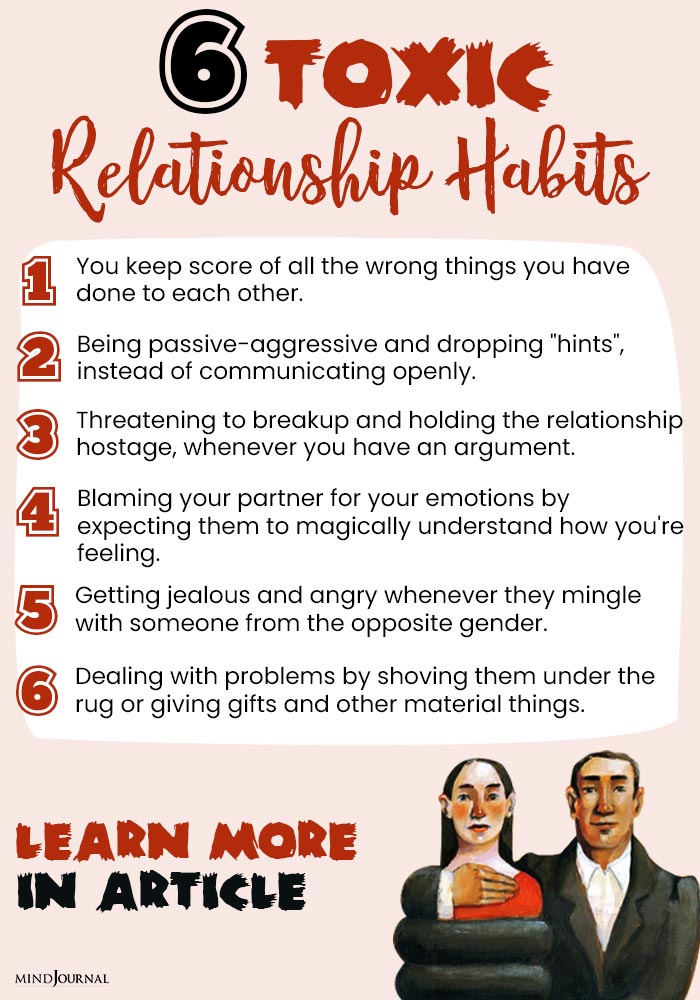
1. The relationship scorecard
What it is: The “keeping score” phenomenon is when someone you’re dating continues to blame you for past mistakes you made in the relationship.
If both people in the relationship do this it devolves into what I call “the relationship scorecard,” where it becomes a battle to see who has screwed up the most over the months or years, and therefore who owes the other one more.
You were an asshole at Cynthia’s 28th birthday party back in 2010 and it has proceeded to ruin your life ever since. Why? Because there’s not a week that goes by that you’re not reminded of it.
But that’s OK because that time you caught her sending flirtatious text messages to her co-worker immediately removes her right to get jealous, so it’s kind of even, right?
Wrong.
Why it’s a toxic relationship habit: The relationship scorecard develops over time because one or both people in a relationship use past wrongdoings in order to try and justify current righteousness. This is a double-whammy of suckage.
Not only are you deflecting the current issue itself, but you’re ginning up guilt and bitterness from the past to manipulate your partner into feeling wrong in the present.
If this goes on long enough, both partners eventually spend most of their energy trying to prove that they’re less culpable than the other, rather than solving the current problem. People spend all of their time trying to be less wrong for each other instead of being more right for each other.
What you should do instead: Deal with issues individually unless they are legitimately connected. If someone habitually cheats, then that’s obviously a recurring problem. But the fact that she embarrassed you in 2010 and now she got sad and ignored you today in 2013 has nothing to do with each other, so don’t bring it up.
You must recognize that by choosing to be with your significant other, you are choosing to be with all of their prior actions and behaviors. If you don’t accept those, then ultimately, you are not accepting them. If something bothered you that much a year ago, you should have dealt with it a year ago.
2. Dropping “hints” and other passive-aggression
What it is: Instead of stating a desire or thought overtly, your partner tries to nudge you in the right direction of figuring it out yourself. Instead of saying what’s actually upsetting you, you find small and petty ways to piss your partner off so you’ll then feel justified in complaining to them.
Why it’s a toxic relationship habit: Because it shows that you two are not comfortable communicating openly and clearly with one another.
A person has no reason to be passive-aggressive if they feel safe expressing any anger or insecurity within the relationship. A person will never feel a need to drop “hints” if they feel like they won’t be judged or criticized for it.
What you should do instead: State your feelings and desires openly. And make it clear that the other person is not necessarily responsible or obligated to them but that you’d love to have their support.
If they love you, they’ll almost always be able to give it.
Related: 8 Popular Relationship Beliefs That Are Toxic To Lasting Love
3. Holding the relationship hostage
What it is: When one person has a simple criticism or complaint and blackmails the other person by threatening the commitment of the relationship as a whole. For instance, if someone feels like you’ve been cold to them, instead of saying, “I feel like you’re being cold sometimes,” they will say, “I can’t date someone who is cold to me all of the time.”
Why it’s toxic: It’s emotional blackmail and it creates tons of unnecessary drama. Every minor hiccup in the flow of the relationship results in a perceived commitment crisis.
It’s crucial for both people in a relationship to know that negative thoughts and feelings can be communicated safely to one another without it threatening the relationship itself. Otherwise, people will suppress their true thoughts and feelings which leads to an environment of distrust and manipulation.
What you should do instead: It’s fine to get upset at your partner or to not like something about them. That’s called being a normal human being. But understand that committing to a person and always liking a person is not the same thing.
One can be committed to someone and not like everything about them. One can be eternally devoted to someone yet actually be annoyed or angered by their partner at times.
On the contrary, two partners who are capable of communicating feedback and criticism towards one another, only without judgment or blackmail, will strengthen their commitment to one another in lasting relationship.
4. Blaming your partner for your own emotions
What it is: Let’s say you’re having a crappy day and your partner isn’t exactly being super sympathetic or supportive at the moment. They’ve been on the phone all day with some people from work.
They got distracted when you hugged them. You want to lay around at home together and just watch a movie tonight, but they have plans to go out and see their friends.
So you lash out at them for being so insensitive and callous toward you. You’ve been having a shitty day and they have done nothing about it. Sure, you never asked, but they should just know to make you feel better. They should have gotten off the phone and ditched their plans based on your lousy emotional state.
Why it’s toxic: Blaming our partners for our emotions is a subtle form of selfishness and a classic example of the poor maintenance of personal boundaries.
When you set a precedent that your partner is responsible for how you feel at all times (and vice-versa), you will develop codependent tendencies. Suddenly, they’re not allowed to plan activities without checking with you first.
All activities at home—even the mundane ones like reading books or watching TV—must be negotiated and compromised. When someone begins to get upset, all personal desires go out the window because it is now your responsibility to make one another feel better.
The biggest problem of developing these codependent tendencies is that they breed resentment. Sure, if my girlfriend gets mad at me once because she’s had a shitty day and is frustrated and needs attention, that’s understandable.
But if it becomes an expectation that my life revolves around her emotional well-being at all times, then I’m soon going to become very bitter and even manipulative towards her feelings and desires.
What you should do instead: Take responsibility for your own emotions and expect your partner to be responsible for theirs. There’s a subtle yet important difference between being supportive of your partner and being obligated to your partner.
Any sacrifices should be made as an autonomous choice and not seen as an expectation. As soon as both people in a relationship become culpable for each other’s moods and downswings, it gives them both incentives to hide their true feelings and manipulate one another.
Related: 9 Relationship Habits That Are More Harmful Than Cheating
5. Displays of “loving” jealousy
What it is: Getting pissed off when your partner talks, touches, calls, texts, hangs out or sneezes in the general vicinity of another person, and then you proceed to take that anger out on your partner and attempt to control their behavior.
This often leads to insane behaviors such as hacking into your partner’s email account, looking through their text messages while they’re in the shower, or even following them around town and showing up unannounced when they’re not expecting you.
Why it’s toxic: It surprises me that some people describe this as some sort of display of affection. They figure that if their partner wasn’t jealous, then that would somehow mean that they weren’t loved by them.
This is absolutely clownshit crazy to me. It’s controlling and manipulative. It creates unnecessary drama and fighting. It transmits a message of a lack of trust in the other person. And to be honest, it’s demeaning.
If my girlfriend cannot trust me to be around other attractive women by myself, then it implies that she believes that I’m either a) a liar, or b) incapable of controlling my impulses. In either case, that’s a woman I do not want to be dating.
What you should do instead: Trust your partner. It’s a radical idea, I know. Some jealousy is natural. But excessive jealousy and controlling behaviors towards your partner are signs of your own feelings of unworthiness and you should learn to deal with them and not force them onto those close to you.
Because otherwise, you are only going to eventually push that person away.
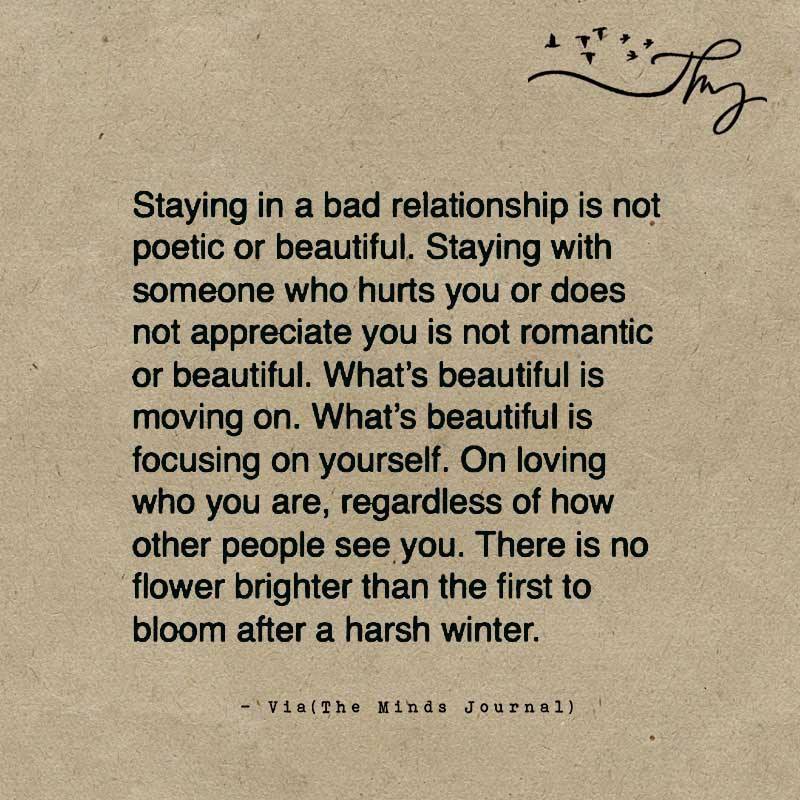
6. Buying the solutions to relationship problems
What it is: Any time a major conflict or issue comes up in the relationship, instead of solving it, one covers it up with the excitement and good feelings that come with buying something nice or going on a trip somewhere.
My parents were experts at this one. And it got them real far: a big fat divorce and 15 years of hardly speaking to each other since. They have both since independently told me that this was the primary problem in their marriage: continuously covering up their real issues with superficial pleasures.
Why it’s toxic: Not only does it brush the real problem under the rug (where it will always re-emerge and even worse the next time), but it sets an unhealthy precedent within the relationship. This is not a gender-specific problem, but I will use the traditional gendered situation as an example.
Let’s imagine that whenever a woman gets angry at her boyfriend/husband, the man “solves” the issue by buying the woman something nice, or taking her to a nice restaurant or something.
Not only does this give the woman an unconscious incentive to find more reasons to be upset with the man, but it also gives the man absolutely no incentive to actually be accountable for the problems in the relationship.
So what do you end up with? A checked-out husband who feels like an ATM, and an incessantly bitter woman who feels unheard.
Related: Toxic Relationship Habits Most People Think Are Normal
What you should do instead: Actually, you know, deal with the problem. Trust was broken? Talk about what it will take to rebuild it. Someone feels ignored or unappreciated? Talk about ways to restore those feelings of appreciation. Communicate!
There’s nothing wrong with doing nice things for a significant other after a fight to show solidarity and to reaffirm commitment. But one should never use gifts or fancy things to replace dealing with underlying emotional issues.
Gifts and trips are called luxuries for a reason, you only get to appreciate them when everything else is already good. If you use them to cover up your problems, then you will find yourself with a much bigger problem down the line.
Want to know more about the 6 toxic relationship habits? Check out this video below!
Toxic Relationship Habits Written By Mark Manson Originally appeared on Mark Manson
Frequently Asked Questions (FAQs)
What are toxic traits?
Some of the most common toxic traits are being manipulative, pathological lying, self-centeredness, being emotionally/verbally/physically/mentally abusive, and making you feel bad and pathetic about yourself.
What is a toxic boyfriend?
If your boyfriend is jealous, abusive, controlling, over-possessive, dishonest, resentful, and unsupportive towards you, then these are all signs you have a toxic boyfriend.
What is a toxic girlfriend?
If your girlfriend only cares about her own happiness and never yours, expects you to always do everything in the relationship, expects you to understand her thoughts and feelings without disclosing anything, and is extremely needy and clingy, then you have a toxic girlfriend.
How do you know you’re in a toxic relationship?
Some of the major signs of a toxic relationship are controlling behaviors, over-possessiveness, lack of trust, abusive tendencies, and emotional, and mental exhaustion.
What did Plato say about toxic relationships?
When it comes to toxic relationships, Plato said that “In truth, those who practice philosophy correctly practice dying.” This means that if you have the wrong partner, then you’ll turn into a philosopher because you’ll be slowly dying inside.
Can a toxic relationship cause delusions?
Being in a toxic relationship might not make you delusional, but it will definitely lead to feelings of anxiety, low self-worth, depression, helplessness, and insecurity.
How to get out of a toxic relationship without any support from anyone?
If you are trying to get out of a toxic relationship, but you’re not getting any support from the people around you, then you need to do these things – you need to accept that you need to do this alone, you need to put yourself first, and most importantly, you need to tap into your inner strength to move on.
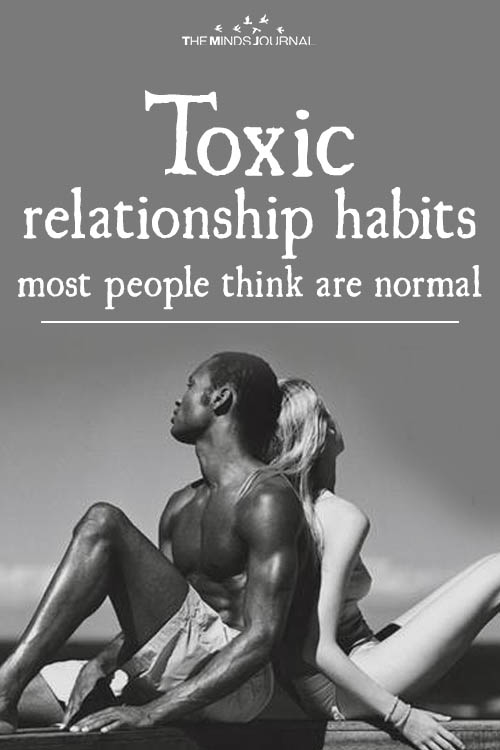
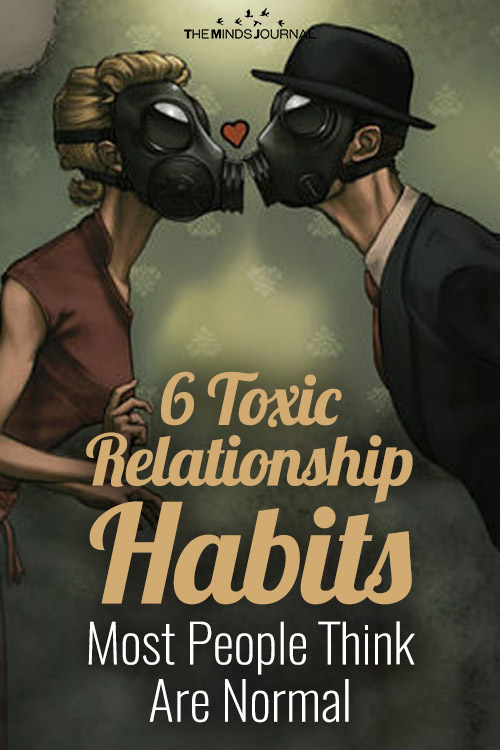
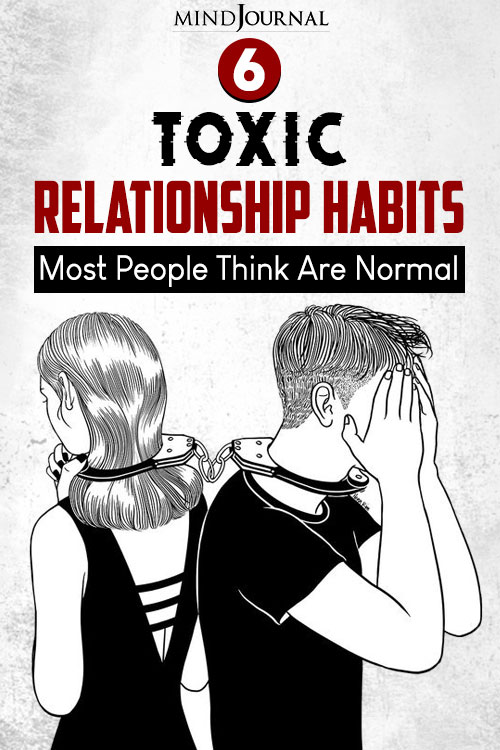
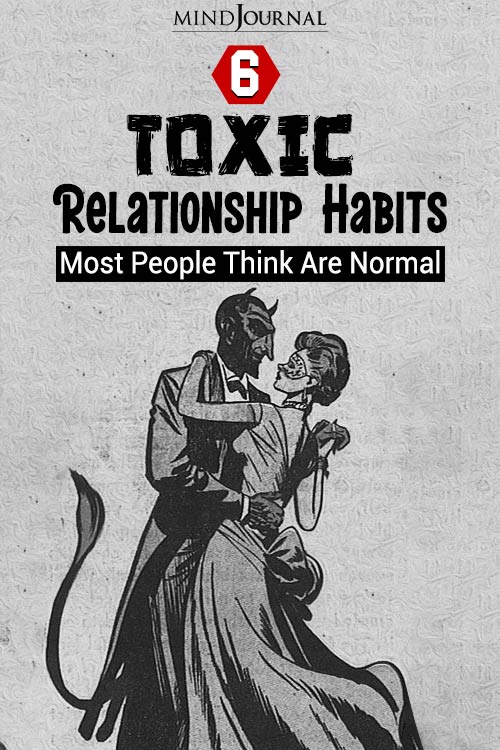
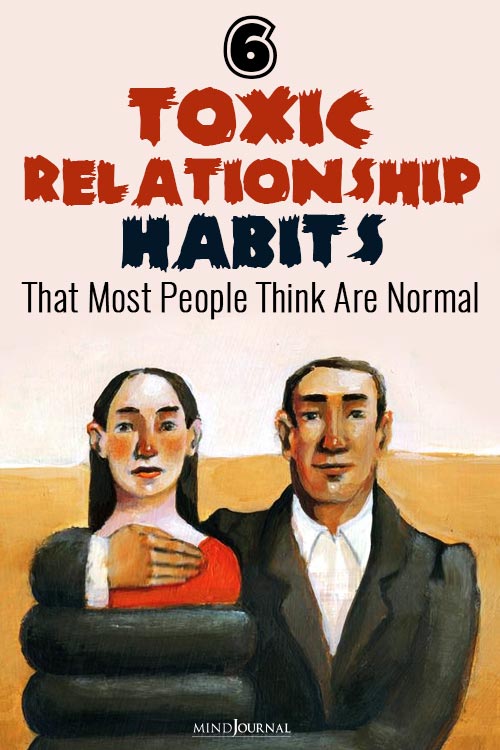

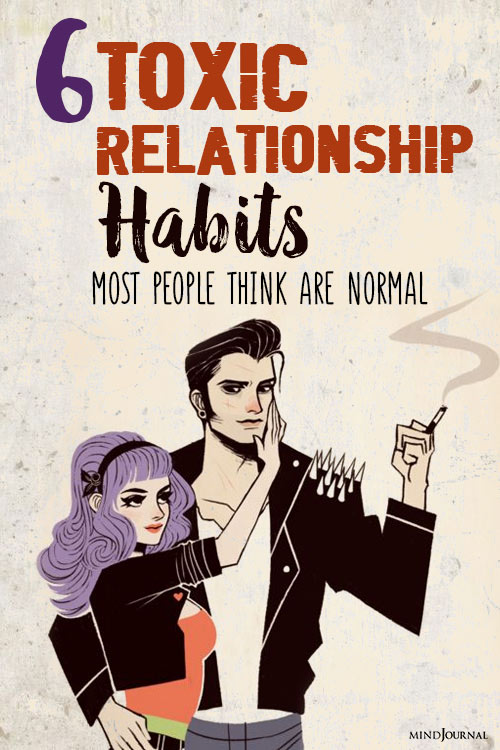
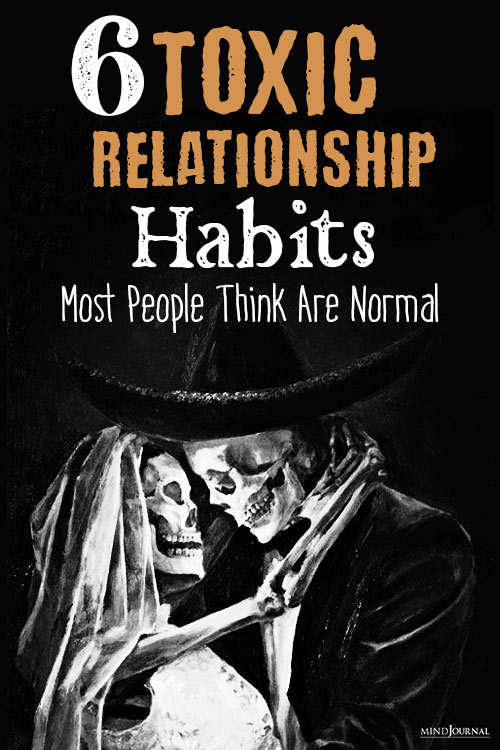
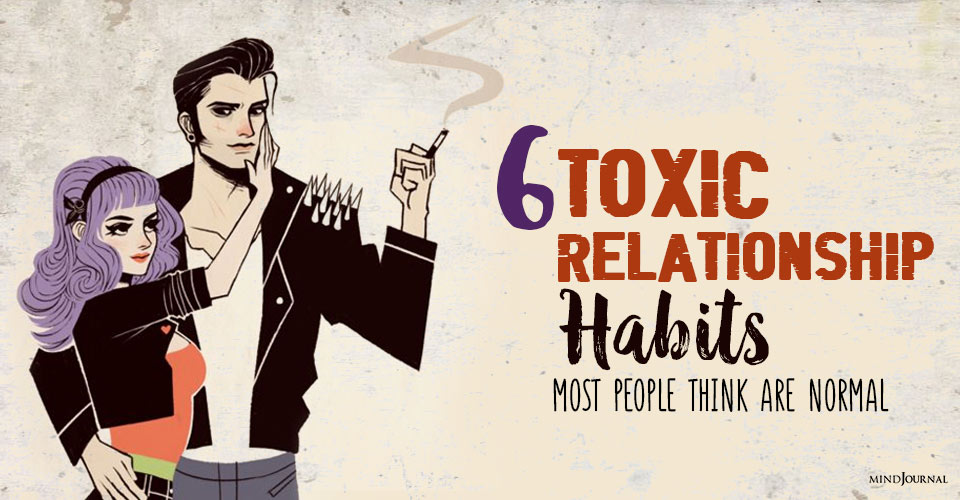






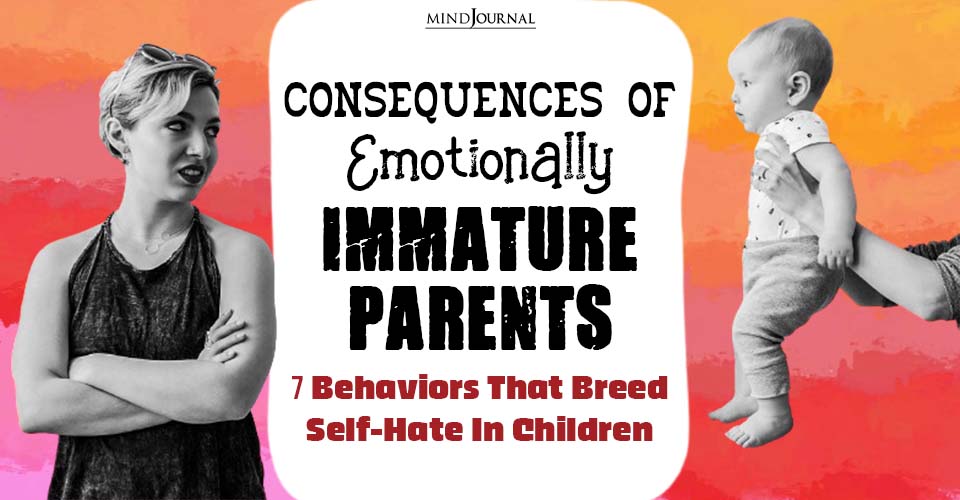
Leave a Reply
You must be logged in to post a comment.